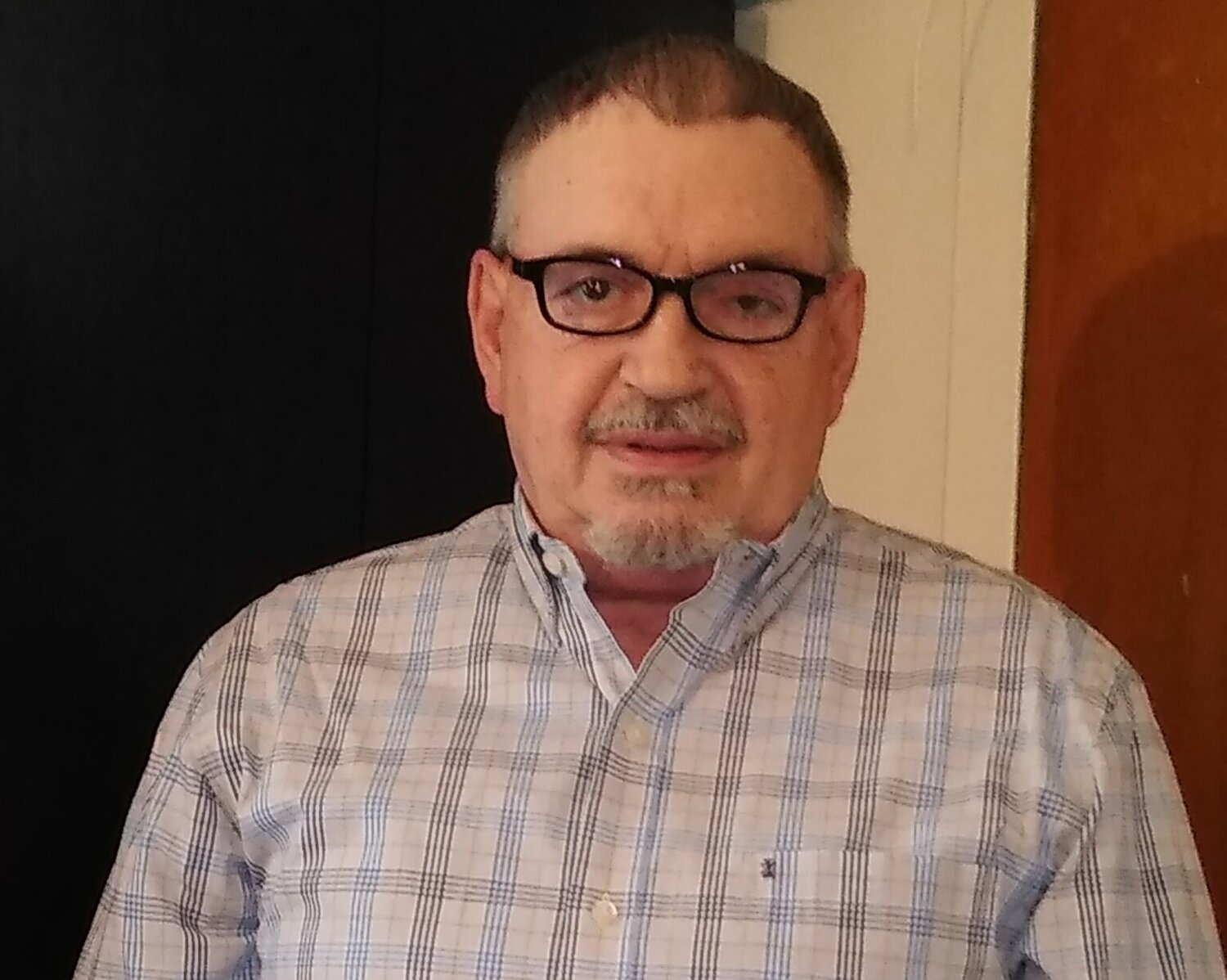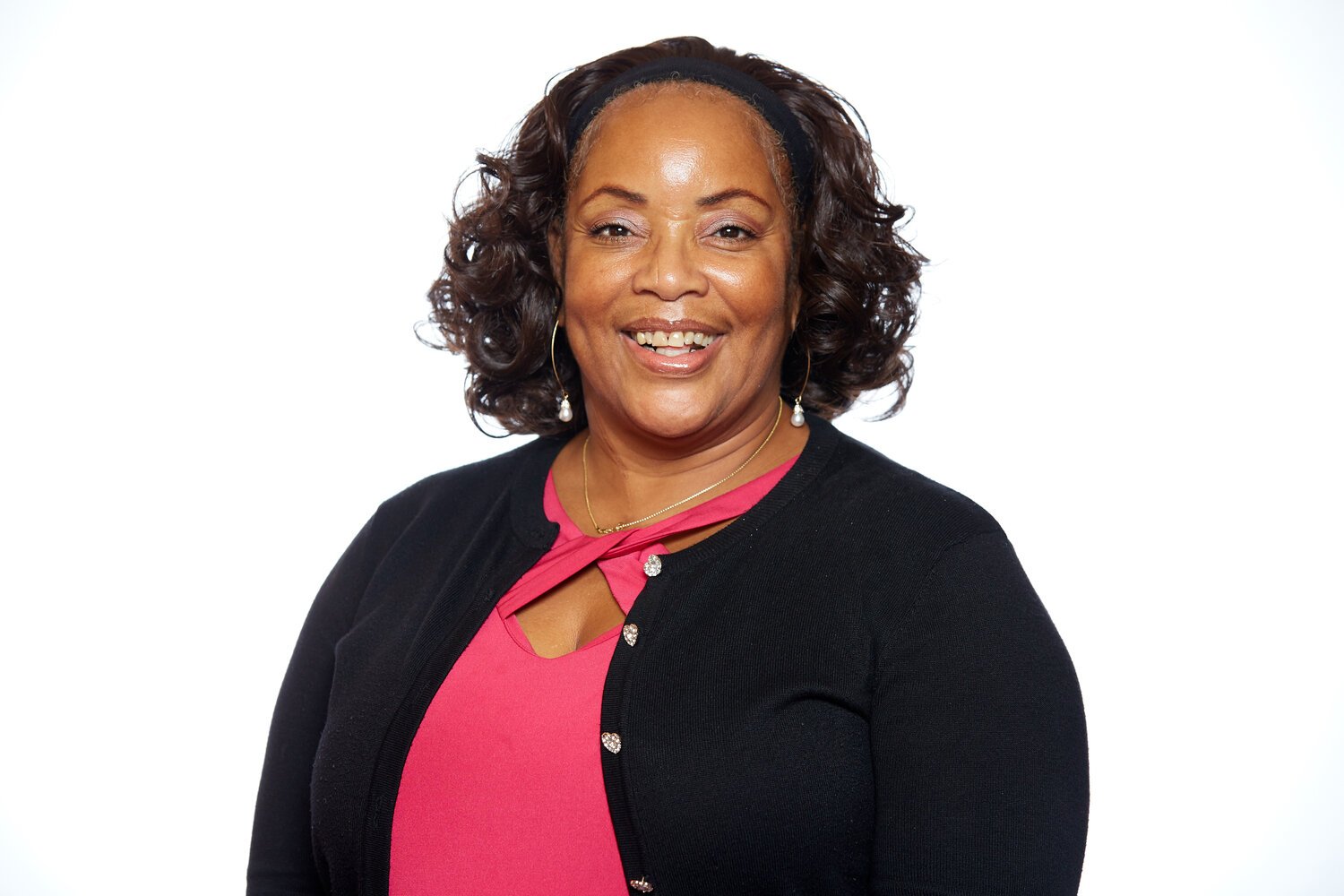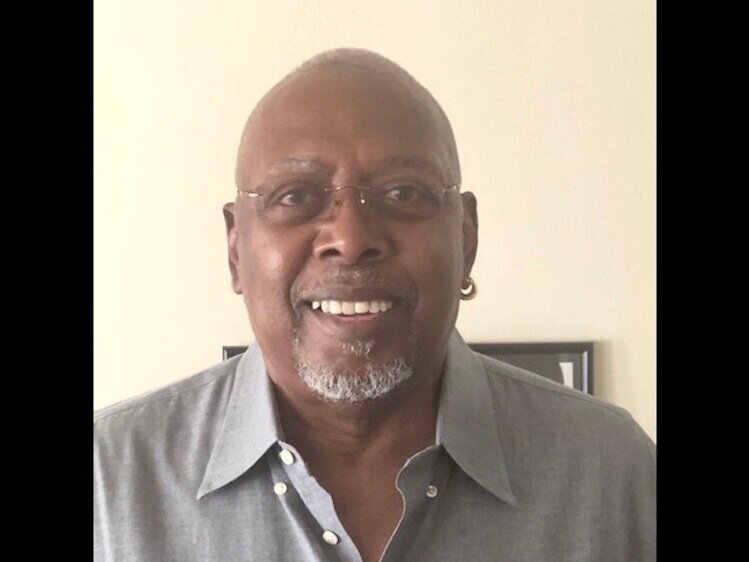Tell us a little about yourself, who you are, and what brought you to Alliance?
My name is Samuel Rodriguez and I am an Assistant Manager for Treatment Adherence Services at Alliance. I wanted to work with people that are HIV positive. I lost my baby sister to this disease in the early ‘90s. I told myself if I ever got a chance to work in the HIV field, I would do it. I've been with Alliance for about 12 years. I started as many have, having graduated from Alliance’s Peer Program. Once I completed that, I was hired as a consultant. From there I was hired as a staff. Now, I have been a staff member for over 8 years.
Tell me about your program/service and what problem it solves.
In our Treatment Adherence Program, our goal is to connect as many people as possible to our Pharmacy Access services and treatment support. We provide a safe, quiet, and confidential place where clients can come in and pick-up their medications or even take them right there as part of DOT (Directly Observed Therapy) support. We make sure our clients get what they need to adhere to medication. We refer them to support services or make sure they are going to see their doctor. Our goal is to make sure every client becomes Undetectable.
Is there an achievement or contribution to this program you are particularly proud of?
There was a man sleeping in front of our office building. Every morning when I came in, I would see him there on the street with a bag of cans he’d collect throughout the day. Every morning, I would start a conversation with him. In our conversation, he told me he was HIV positive. I asked if he was taking his meds. He said yes, but people robbed him, thinking his pills were drugs. I explained what I do and told him he could come every day and take his meds at our office. He said he would think about it. Two days later, I picked up all the cans in the office and brought them down to him. I reminded him how easy it would be for him to join our program. Not only could we help him with his meds, but also he could eat breakfast and lunch with us every day. He finally came up with me one day and had something to eat from our Food & Nutrition program. When he finished eating, he did an agency intake and came upstairs to enroll in Treatment Adherence and Pharmacy Access services. Part of his support was DOT where he would come in every day and take his meds in front of us. Now, you have to remember, he was sleeping in the streets, and only had two pairs of pants and three shirts with him. I told him it was time he gets a safe place to sleep and helped him find a shelter. He started coming to the office every day and when he was comfortable I connected him with a psychologist. He got on psychiatric medication and began taking them every day as prescribed. He got his own apartment, a part-time job, and after about a year in the program became Undetectable (when the amount of HIV viral load is under 200 copies per ML, or undetectable). The following year he found a partner. They moved upstate and he continues to do well.
You never know who is ready to get help. I was very proud to help this client, it only takes a connection from one person.
What’s your outlook for the future for this program and beyond?
The Treatment Adherence Program and Pharmacy Access Center have a group of special people working together. We continue getting clients involved and hopefully make them whole again.
Recently, the NYS made a seemingly small change that puts our Treatment Adherence Program at risk. The FY 20-21 budget directs the Department of Health to carve out the Medicaid Pharmacy benefit from managed care and transition it to a fee-for-service model starting April 1, 2021. This change will destroy the safety-net and reverse the progress we’ve made toward ending the HIV/AIDS epidemic by impacting the 340B drug discount program, and the people who rely on the services and programs that it supports.
We have joined others to oppose the carve-out and will do whatever it takes to keep these services and continue to offer a place where lives change for the better.
If you could do anything in addition to what you are doing now, what would it be?
The only other thing I would be is a professional poker player (haha). But in seriousness, I am so lucky that I can come into work on any day and help someone feel a little better than when they first came in.
Is there another question that I have not asked you that I should?
I've always worked to help people. For ten years I worked helping people affected by domestic violence and three years on the domestic violence hotline. I worked eight years in Brooklyn Criminal Court in Red Hook, helping defendants get treatment so they wouldn’t have to go to jail. And now, twelve years working with HIV-positive clients. I do this because I know I was meant to help people. I also know how easy it is to get frustrated and want to give up on your clients. But I can't!!! I am here to help people change their lives for the better—even if it's just making them smile for a few minutes. From there, I get ready for the next person that is asking for help.






